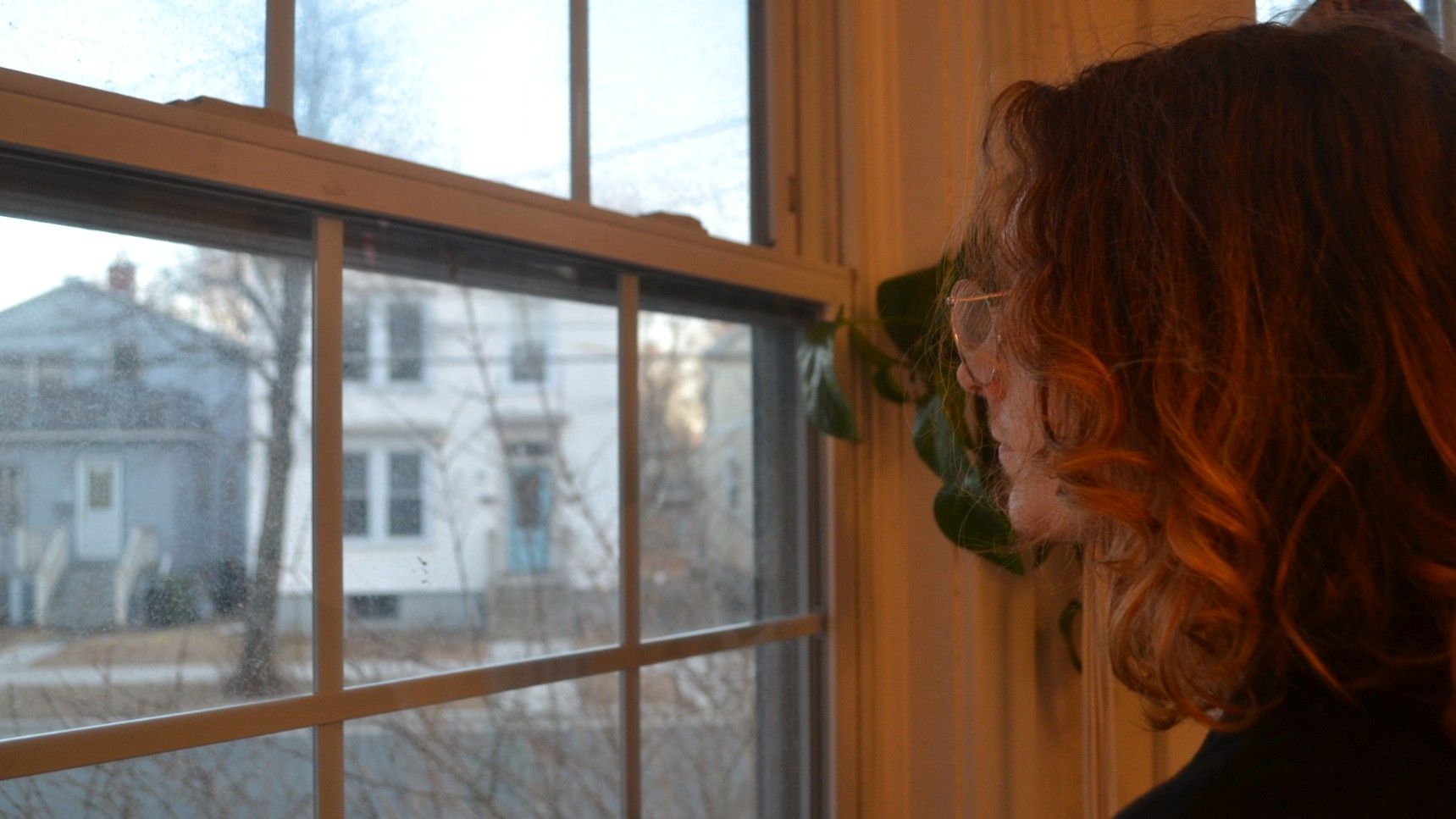Nova Scotia’s first 3 presumed cases of COVID-19 spark tighter prevention measures
New restrictions affect schools, daycares and nursing homes

caption
Luke Cameron looks out his window in Halifax. Nova Scotians are encouraged to practice social distancing to prevent the spread of COVID-19.Public schools in Nova Scotia will remain closed after March Break for at least two weeks to prevent the spread of COVID-19, as the province announced its first three presumed cases on Sunday.
In addition, March Break camps are cancelled and visitors are banned from long-term care facilities. Casinos are closed as of Monday, while daycares are closed as of Tuesday.
Anyone who has travelled outside of Canada must self-isolate regardless of symptoms. Organizations and businesses are urged to practice social distancing of two metres and keep gatherings below 150 people.
“We all have to do our part to reduce the spread and keep Nova Scotians healthy and safe,” Premier Stephen McNeil said at a news conference Sunday. “Take care of one another, be kind to one another.” Related stories
Nova Scotia’s three presumed cases are travel related and not connected. They are a woman in her 60s who returned to Halifax from Australia on March 8, a man in his 50s who returned from California on March 13 and a man in his 30s who returned from Europe on March 10. All three are recovering in self-isolation, and everyone who has come in contact with them has been asked to stay at home for 14 days, officials said.
Public health inspectors will now be at Halifax Stanfield International Airport and the J.A. Douglas McCurdy Sydney Airport. Federal border security has been asked to tighten screening for entry into Canada.
Dr. Robert Strang, Nova Scotia’s chief medical officer of health, stressed that it is crucial for all Nova Scotians to adhere to public health recommendations in order to prevent the spread of COVID-19 to those most vulnerable and to keep the overall number of cases as low as possible so to not exhaust hospitals’ resources. COVID-19 is more likely to be severe for the elderly, those with pre-existing conditions and those with weakened immune systems.
“We’re the last province to identify cases, and Atlantic Canada hasn’t seen the level of spread in Ontario, Quebec and further west,” Strang said. “We have the chance to get out front of this … we will slow down the spread.”
Strang urges Nova Scotians to:
- Wash their hands thoroughly and often,
- Avoid touching their face,
- Stay home if feeling unwell in any way,
- Minimize travel as much as possible.
The symptoms of COVID-19 are a fever of 38ºC and a new cough.
Nova Scotians are asked to visit the 811 website before calling the number. More information can be found on the province’s coronavirus website or by calling the federal information line 1-833-784-4397. The Public Health Agency of Canada’s website shows affected areas.
“This should be a time when Nova Scotians stand behind one another,” McNeil said.
About the author
Kaija Jussinoja
...
